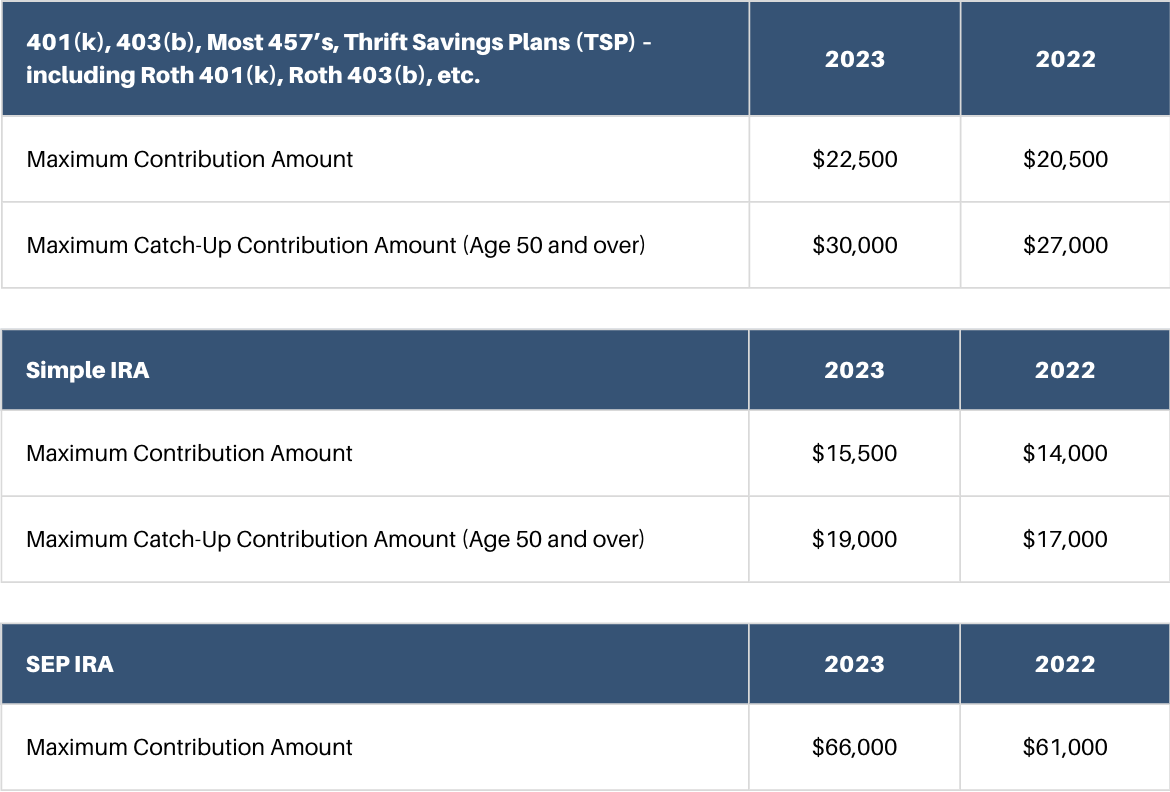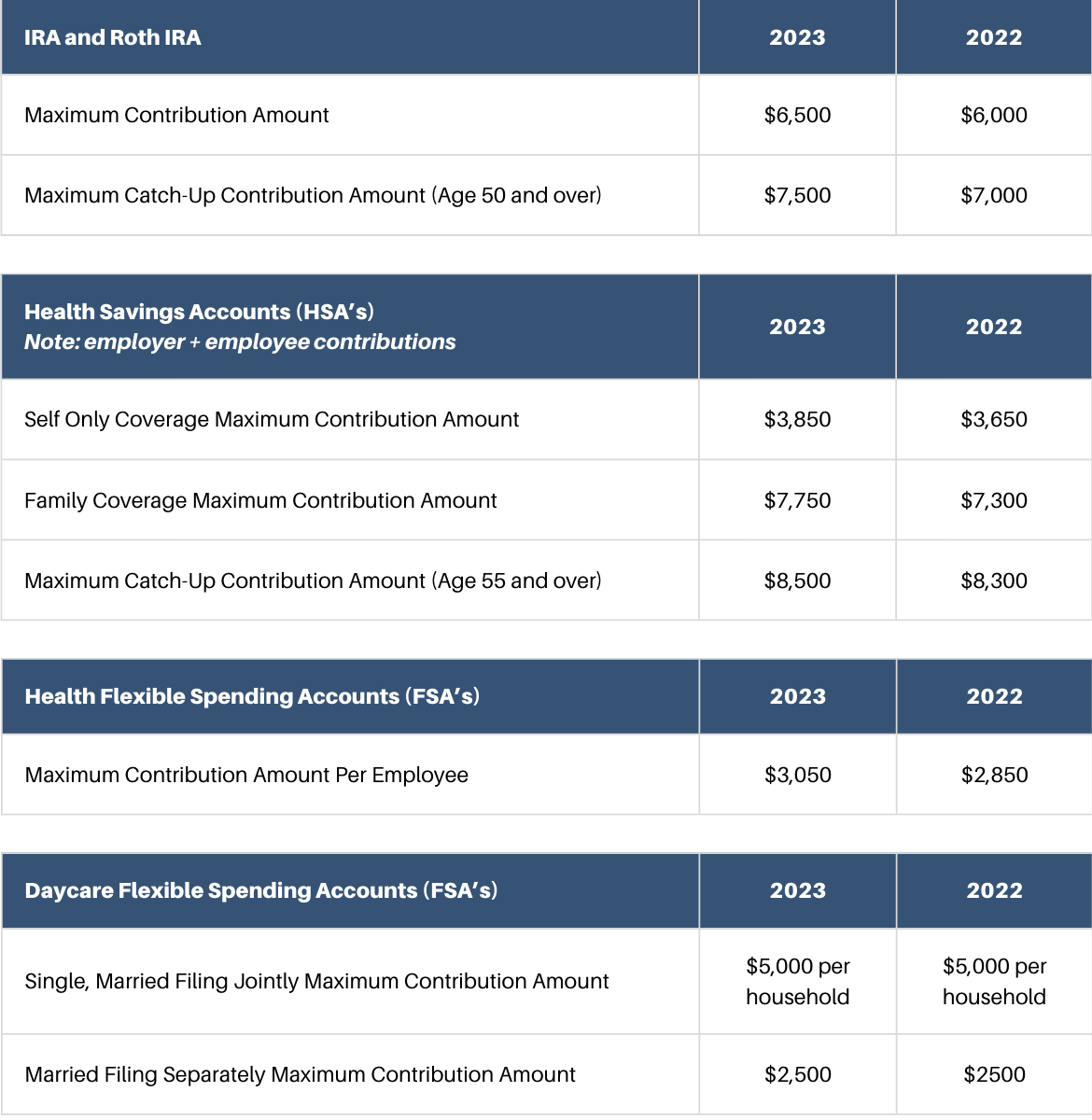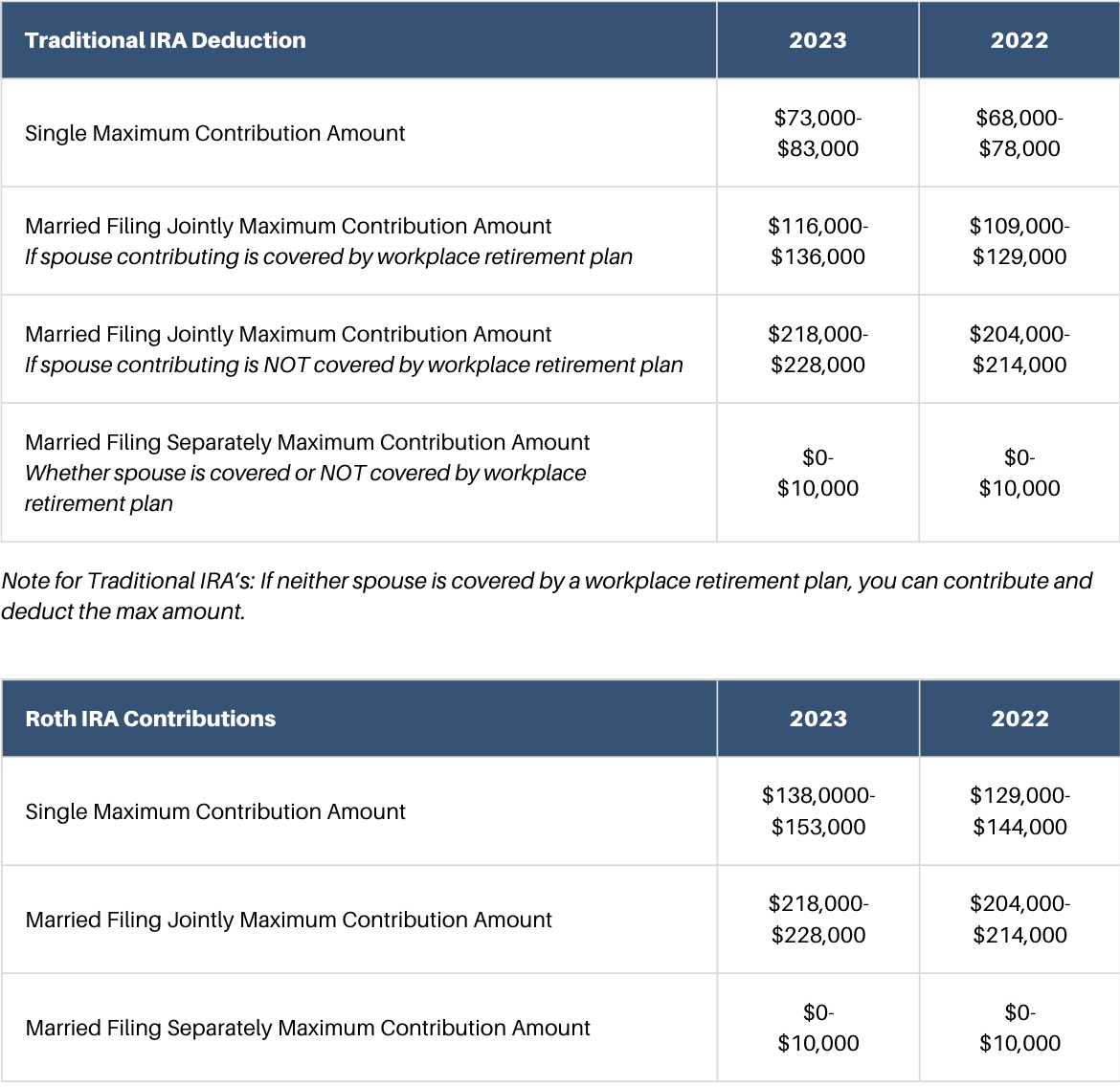We can probably all agree that men and women are different, but some of those dissimilarities pose large financial risks to women specifically. Women are set to control $30 trillion in assets by 2030, so I think it is important to understand the risks we face and create strategies to prepare for them accordingly.
Here are a few things women should consider as they prepare for their financial future:
- Women Tend To Be More Conservative With Their Money
Research shows women are more likely to be conservative in their approach to retirement planning than men—meaning that women often start investing later and allocate more to lower risk assets (such as cash or bonds). One study shows that while women, on average, save 9% more of their salary than men, they invest 40% less of it, creating a financial gap between women and men. Being conservative is not necessarily a bad thing, but being too conservative has a cost—lower growth on assets which can result in less retirement savings.
Albert Einstein once said, “Compound interest is the eighth wonder of the world.” Why? Compounding can have an exponential impact on your money. For example, if you earn on average 7% each year, your money doubles every 10 years – compare that to 2% which takes almost 36 years to double!
If you wait too long to start saving or are too cautious with your investments, you could be giving up hundreds of thousands of dollars or more over your lifetime.
- Women Live Longer Than Men
Many of us know that women outlive men, but how does that impact your financial plan? Simply put, longevity comes with a hefty price tag.
Living longer requires more savings, especially considering income tends to decrease for women after a spouse’s death while healthcare costs tend to increase. Here are some facts to consider:
-
- Life expectancy is currently 81 for women, 5 years longer than men. For women who live beyond 65, their life expectancy increases to 85. The average retirement age for females is 62, which means you need to be prepared to cover at least 19-23 years of expenses (with inflation) after you are done working.
- When a spouse passes away, expenses tend to go down, but typically not enough to cover the loss of income.Total social security benefits decline, and if your late spouse had a pension, it is possible you would receive half or nothing at all after his death.
- Healthcare costs continue to rise, which is especially concerning as women already spend more, on average, on healthcare than men. Although Medicare covers a portion of expenses, there are still large gaps. Even with supplemental insurance, most long-term care costs are not covered. The average cost in Indiana for a nursing home is $7-$8k per month, which comes out to $84-$96k per year. And 70% of nursing home residents are women.
- Women Tend to Experience Decline in Lifestyle Post Divorce
The divorce rate has doubled over the years for those 50+. More than 40% of the boomer generation is divorced. Research suggests women get the short end of the stick, seeing a 27% decline in their standard of living post-divorce, while men enjoy a 10% increase.
Although we cannot always avoid divorce, we can be knowledgeable on how it affects us financially. Women need to think about taxes and post-divorce lifestyle when dividing assets and income sources.
- Women Tend to Defer Finances to Partner
A UBS study revealed that nearly 7 in 10 married men take the lead on household finances. The study also found that even in same sex couples, one spouse defers the financial responsibilities to the other 40% of the time.
There is a steep price of not being involved in your finances, and for married couples that price is paid after a spouse’s passing. Patrick Morrow from our SBC team discusses why both parties should be involved in household finances in a recent blog post here.
Not all risks can be avoided, but it is important to understand them and develop a plan early to combat them.
As an advisor, I prepare my clients for the years ahead by creating a financial plan they are confident in today. I consider their goals and lifestyle objectives, weigh the potential risks ahead, and implement strategies to get them to the finish line.
It is never too early to start planning or too late to seek help. I recommend taking control of your financial future TODAY. Ask questions, and make a game plan – you will thank yourself later.
All information is from sources deemed reliable, but no warranty is made to its accuracy or completeness. All investments involve risk, including loss of principal. Past performance is not a guarantee of future results. This material is being provided for informational or educational purposes only, and does not take into account the investment objectives or financial situation of any client or prospective client. The information is not intended as investment advice, and is not a recommendation to buy, sell, or invest in any particular investment or market segment. Those seeking information regarding their particular investment needs should contact a financial professional. SBC, our employees, or our clients, may or may not be invested in any individual securities or market segments discussed in this material. The opinions expressed were current as of the date of posting, but are subject to change without notice due to market, political, or economic conditions.
Sources:
- Women save 9% more of their income than men, despite investing 40% less.
- https://www.visualcapitalist.com/unlocking-power-women-investing/
- Income loss after death of spouse:
- Women less risky than men
- Women outlive men
- As of 2020, life expectancy for men and women was 76 years and 81 years, respectively.
- 65 year old woman with 20.7 year life expectancy
- Women spend more on healthcare:
- More than 70% of nursing home residents are women (https://www.aaltci.org/long-term-care-insurance/learning-center/for-women.php)
- Divorce
- Risk of leaving financial decisions to men






